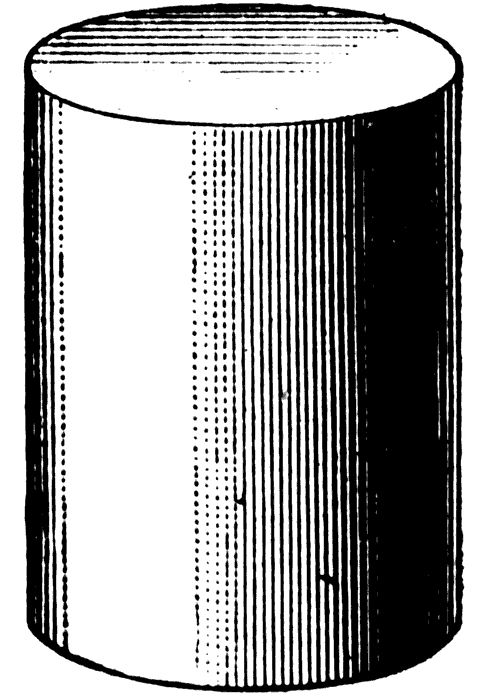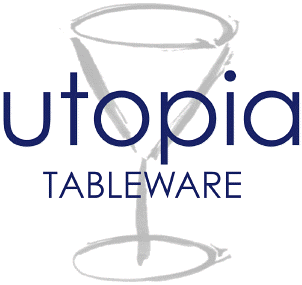|
|
LITR 5439
Literary & Historical Utopias
|
|
Russell Lanier
The Relationship of Utopian Literature to the Great Books of the West
Before coming to this class I was not all that familiar with the utopian
literature genre and its authors but because I am a student in the humanities,
my primary reason was to get some exposure to another type of literary prose
which in the long run would help my educational goals of being a philosophy
teacher. Educator, author and
philosopher Richard Maynard Huggins coined the term the
Great Conversation which “is a
characterization of references and allusions made by authors in the Western
canon to the works of their predecessors”, and was also used as a promotional
tool for a set of books that Hutchins helped author titled Great Books of the
Western World which was published by Encyclopedia Britannica Inc., in 1952.
Hutchins was an advocate of the pedagogical system and believed that the
road to a strong intellectual foundation results from the study of the Great
Books for he believed “these books are the means to understanding ourselves and
the society we live in”. So what do
the works of Thomas More, Margaret Atwood, Ernest Callenbach and Ayn Rand have
in common with the likes of Plato, Homer and Galileo?
My focus for this research post will be centered around understanding the
historical relationship utopian literature has with other important literary
works and to highlight its contributions to the ongoing development of western
thought (Obj. 1c)
The historical significance utopian genre has had in influencing some of
the greatest works in literature is unprecedented and much of its credit goes to
Sir Thomas More. His book Utopia
written in 1516 was the first of its kind and is credited mostly for the start
of the utopian/dystopian genres.
Regardless of its fictional premise, the ideas of a perfect society shared by
the main character Raphael is reminiscent of an older story which we find in
Plato’s The Republic. While
some may conclude that this was one of the first proposals in literature that
discussed in great detail the pros and cons of a free state, I found that the
tales were more in similarity through its narrative and conventions.
The two most recognizable traits of both stories are: 1) the theme
- which is about the creation of the perfect state and 2) Socratic dialogue
– in which this case the setting of characters is quite the same.
In this comparison it would be for Utopia (Raphael, Giles and More) and
for The Republic its characters are represented by Socrates and Thrasymachus.
Some of the most notable literature and authors that were influenced by
More’s text were Francis Bacon’s New Atlantis and Candide by
Voltaire.
To the novice reader whose interests revolve around fictional storylines
may not know that the narratives themselves have been around since the dawn of
man and are still relevant today.
The novel Anthem written by Ayn Rand is a classic example how ancient
philosophical ideas are still the centerpiece of human flourishing.
In the story, the title character Equality 7-2521(Prometheus) has to
decide what is more important – serving the collective where individual autonomy
is non-existent or serving the self which requires courage and the exercise of
free will. The plot in Anthem
shares a common thread with many of the philosophical virtues that can be found
in many of the great books. Virtues
such as honesty, integrity and justice are all components of a much larger
picture that make up the human condition and the pursuit of happiness for the
self. According Rand, the morality
of self-interest is selfish and should be if one is to achieve a fruitful and
meaningful life; “my happiness is not the means to any end. It is the end. It is
its own goal. It is its own purpose.”(p.43).
I opened this post up asking how can the texts we have read this semester
bear any resemblance or have any valuable contribution to the ongoing
development of mankind. To answer,
one of the most important lessons that I have learned since taking this class is
really the affirmation that no literature genre should be scrutinized as having
no value – especially when it relates to progress of the individual.
Learning the use of metaphors, allegories and narrative conventions,
fictional tales can broaden a reader’s perspective far beyond the guise of just
being “entertainment”. It has the
power to alter outcomes and shape opinions and by doing so and the reader stays
open minded, what was read may change their world for the better.
In closing I would like to end with a quote that summarizes my passion to
not only be a better student which will inevitably make me a pretty good teacher
but more importantly how literature is a key component in the development of a
critical mind. In his article
titled The Great Conversation, Richard Hutchins articulates the importance of a
liberal arts education –“The liberal arts
are not merely indispensable; they are unavoidable.
Nobody can decide for himself whether he is going to be a human being.
The only question open to him is whether
he will be an ignorant, undeveloped one or one who has sought to reach the
highest point he is capable of attaining.
The question, in short, is whether he will be a poor liberal artist or a
good one”.
Works
Cited
More,
Thomas. Utopia. 1516.
Rand,
Ayn. Anthem. New York: Signet, 1995. Print
The
Center for Great Ideas
http://www.thegreatideas.org/index.html
Rand, Ayn – Internet Encyclopedia of Philosophy http://www.iep.utm.edu/rand/




